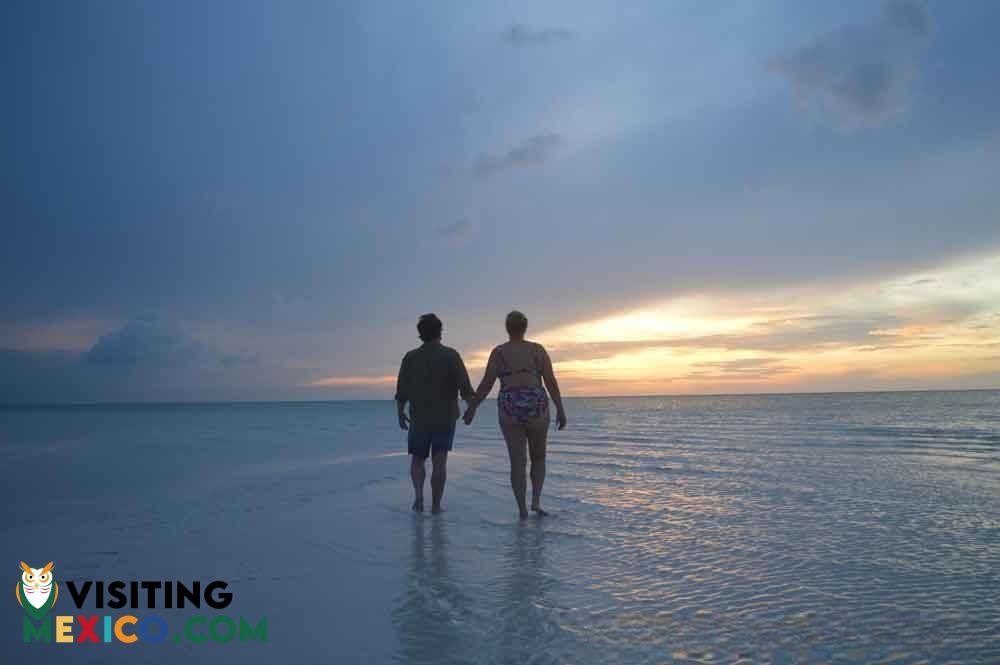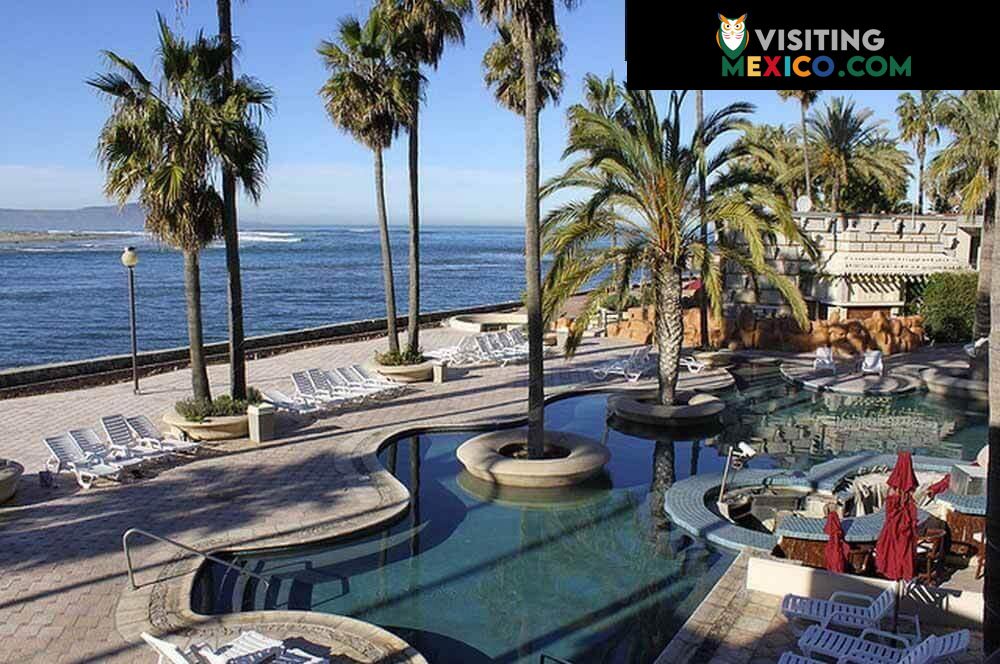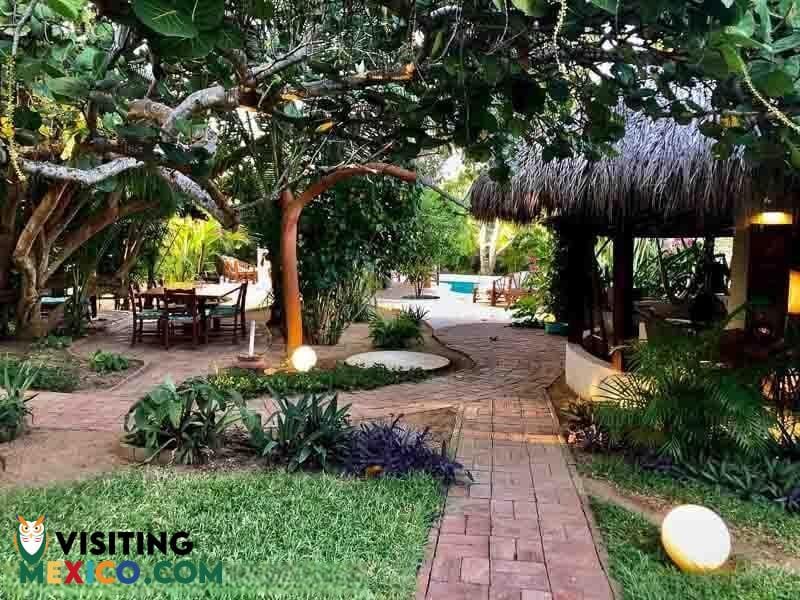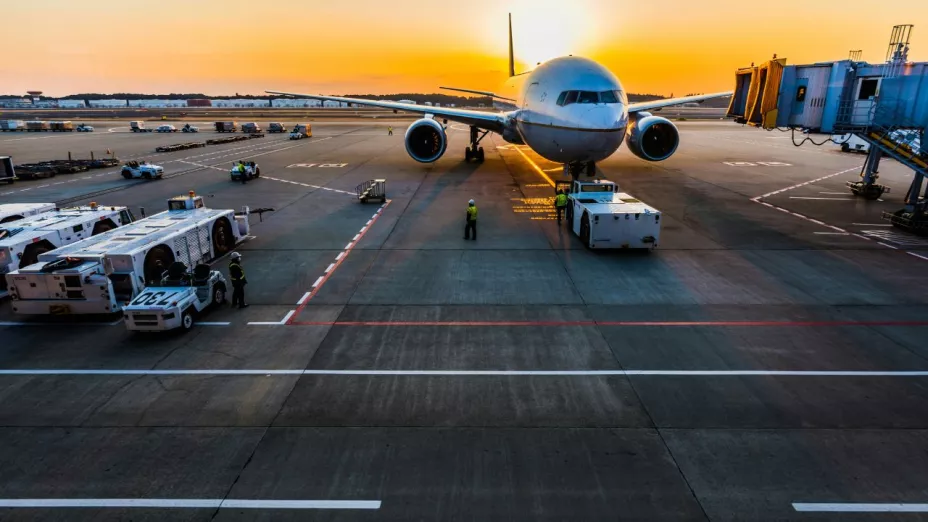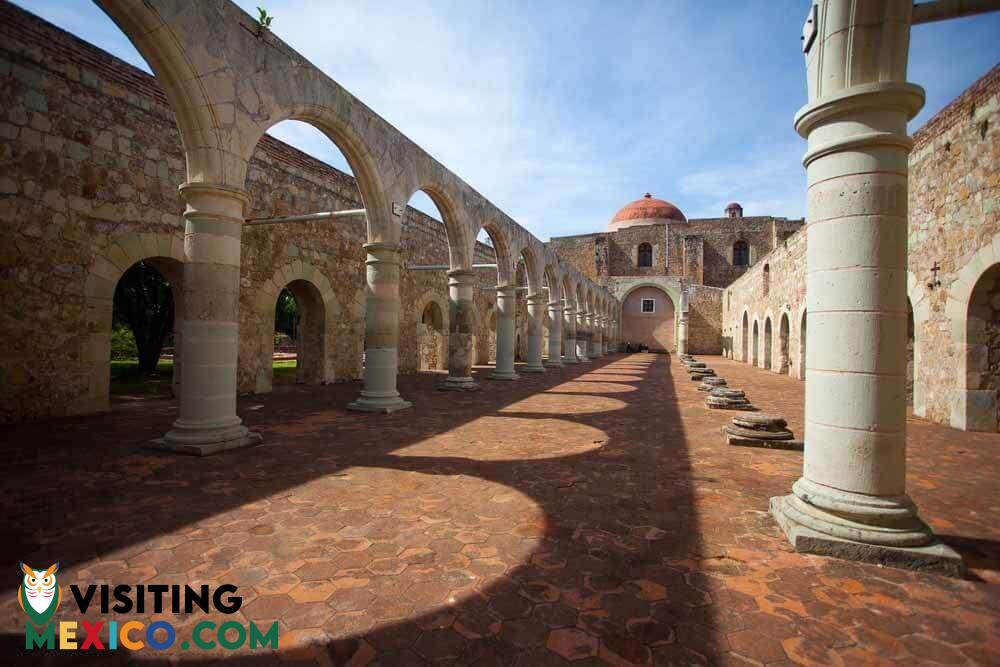
IMPORTANT FACTS ABOUT GUERRERO
Guerrero has an area of 24,564 square miles. It boasts a population of 3,417,339 making it the nation’s fourteenth most populous state. Guerrero’s capital is Chilpancingo de Los Bravo; however, its largest city is Acapulco. Admitted as a state in 1849, Guerrero was named for one of the leaders of the Mexican War of Independence, Vicente Guerrero who also became Mexico’s second president.
GEOGRAPHY AND LANDSCAPE
Though famous for its coastal region, Guerrero is a largely rugged region filled with mountains and canyons. The state’s north and eastern lands are full with forests while flat plains or mesas denote the coastal area. Most of the state’s mountains are part of the Sierra Madre del Sur range. The Trans-Mexican Volcanic Belt extends into the state near Taxco with peaks that belong to smaller volcanic ranges.
Volcanic eruptions, however, do not pose the same trouble that earthquakes have for the state in recent history. Guerrero lies parallel to the Middle America Trench in the Pacific, an area where plates converge and result in major earthquakes. The state is also home to various rivers and lagoons. The coastlands, as well as the state islands and islets, boast a lush climate that is ideal for vibrant flora. Many species of animals live in Guerrero including eagles, boa constrictors, wild boars, mountain lions, and coyotes. The waters off the state are famous for their tuna as well as their tortoise population.
HISTORY OF GUERRERO
Hunter-gatherer peoples entered the area of Guerrero roughly around 300 B.C. Archeologists believe that Olmeca peoples helped develop the region. By the eighth century A.D., the Mezcala people had settled in Guerrero. Influenced by the Teotihuacan culture, the Mezcala produced sculpture and ceramics, though they did not major centers as other historic Mesoamerican peoples did. By the time the Spanish arrived in Mexico, many parts of the region were under Aztec control.
Once the Spanish began to settle in the Guerrero and discovered silver in Taxco, the region was dramatically altered by colonialism. Acapulco became a vastly busy port with goods coming from and going to Mexico City. In fact, Acapulco traded with close ports like those of Peru, but also many far-flung ports of Asia. In 1813, an independence army captured Chilpancingo from the Spanish and declared it the nation’s capital. At the onset of the Mexican Revolution, some of the first uprisings of this volatile period occurred in Guerrero. After this period, mining returned to Taxco and other industries like food processing and energy production also began in earnest in Guerrero. When stars like Brigitte Bardot and Elizabeth Taylor began to visit Acapulco in the 1950s, the state’s tourism industry blossomed making it one of the country’s hottest vacation destinations even today.
GUERRERO: IT'S CUISINE
Not surprisingly, seafood plays a large role in the gastronomy of Guerrero. The cuisine defined by indigenous cultures as well as Spanish cuisine. You also find traces of French influence in many specialty dishes. Famous for moles, pozole, and chalupas, Guerrero’s cuisine also spotlights such staple dishes as Relleno (stuffed pig), and barbacoa de Chivo (grilled goat). Pork, beans, and rice are central ingredients of many dishes throughout the state.
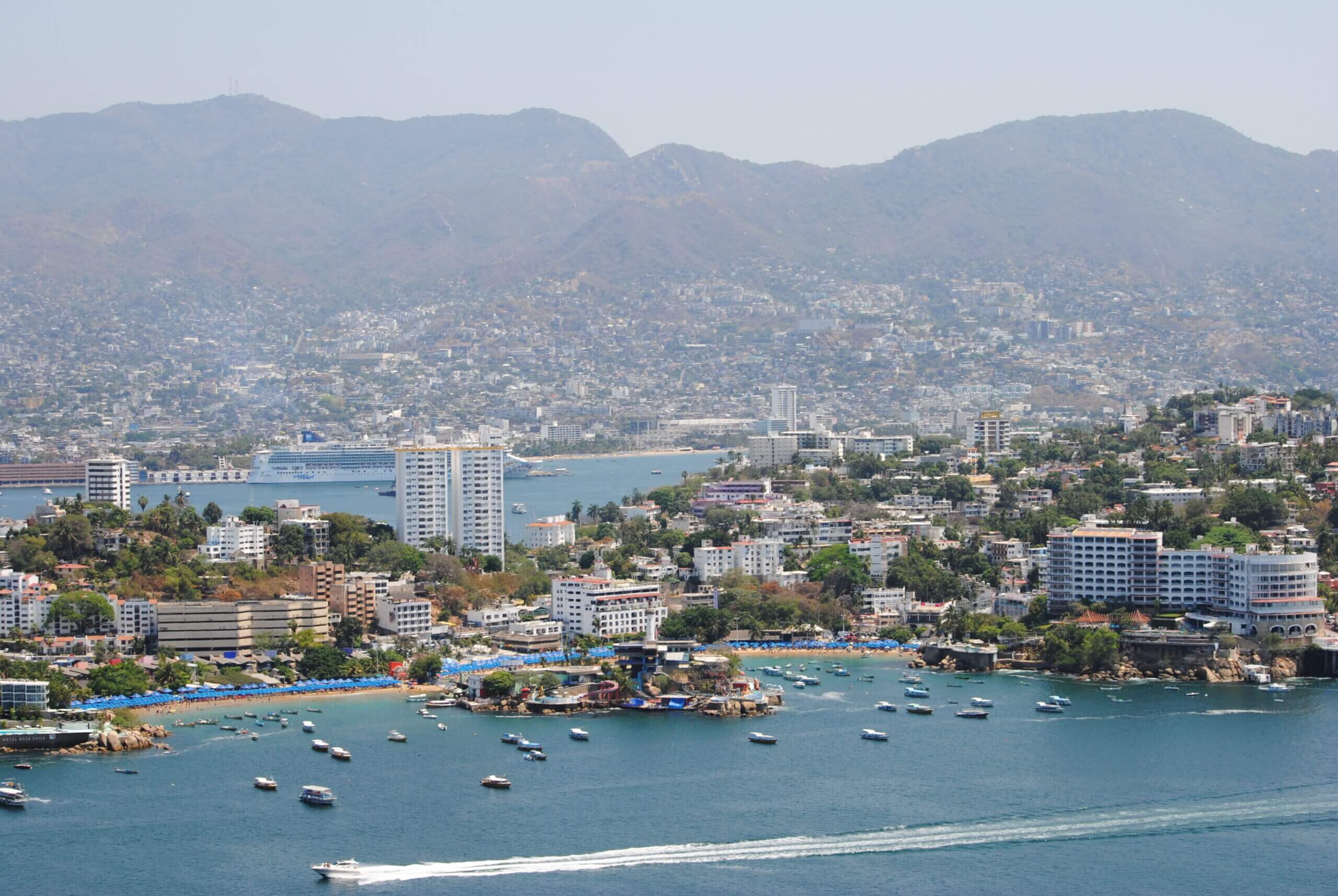
TOURISM IN GUERRERO
The state’s biggest industry, tourism, is primarily in the resort towns of the coast. Cities like Acapulco offer vibrant nightlife and a myriad of activities to do by day. Sportfishing is a major pastime along with other forms of water sport. Shopping and enjoying regional handcrafts are also popular pastimes for tourists. Many people visit Taxco for its superior silver work. From colonial towns to luxury hotels, Guerrero is a favorite destination for travelers from all over the world.
One of the most famous vacation cities on earth. Acapulco is famous for its beach—the largest in Mexico—and its wealth of exciting things to see and do. World-class restaurants and hotels greet international vacationers while cruise ships also keep the city on their itineraries due to popular demand. Noted as a party town, Acapulco is, nevertheless, an old town with colonial roots and an indigenous cultural presence. For these reasons, it is rich with culture—one of its many charms.
OTHER THINGS TO SEE ANDDO IN GUERRERO
Chilpancingo: Located on Mexico Highway 95, the capital is on the route between Acapulco and Mexico City which makes it a popular stop for travelers. From its museums to its zoo, the capital is a must-see state attraction.
Ixtapa: Less than two hundred miles northwest of Acapulco in the municipality of Zihuatanejo. Ixtapa is a beach resort planned by the government in the 1970s. This area was historically home to mangroves and a coconut plantation. Today, Ixtapa boasts thousands of hotel rooms to accommodate throngs of beachgoers looking to enjoy this paradise-like corner of Guerrero.
Teopantecuanitlan: Inland from the coast. Only recently this archaological site discovered (1980’s)This site, however, contains important evidence of the Early and Middle Formative Periods—beginning at about 1400 B.C. It is a popular historic site in the state.
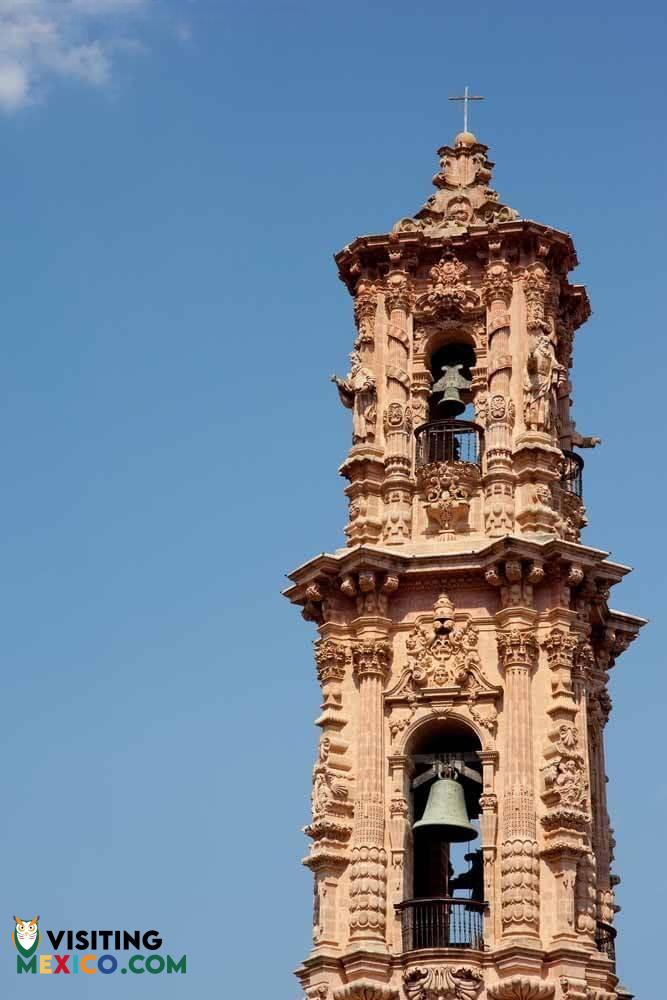
Grutas de Cacahuamilpa National Park: Famous for its caverns, among the largest cave systems on earth, this national park is a popular Guerrero destination. Eco-tourists and extreme vacationers have made spelunking a popular pastime here.
- Taxco: One of the nation’s “Pueblo Magicos,” Taxco is just as famous for its silver mining as for its silver crafts, particularly jewelry. Part of the tourist triangle known as the Triangle of the Sun it shares with the towns of Acapulco and Zihuatanejo.
- Troncones: Although Acapulco and Ixtapa have a big tourism industry, Guerrero still has pristine and serene beaches. Those include Troncones. Its popular beaches are famous for surfing and an authentic Mexican beach experience.
Plan a trip to Guerrero
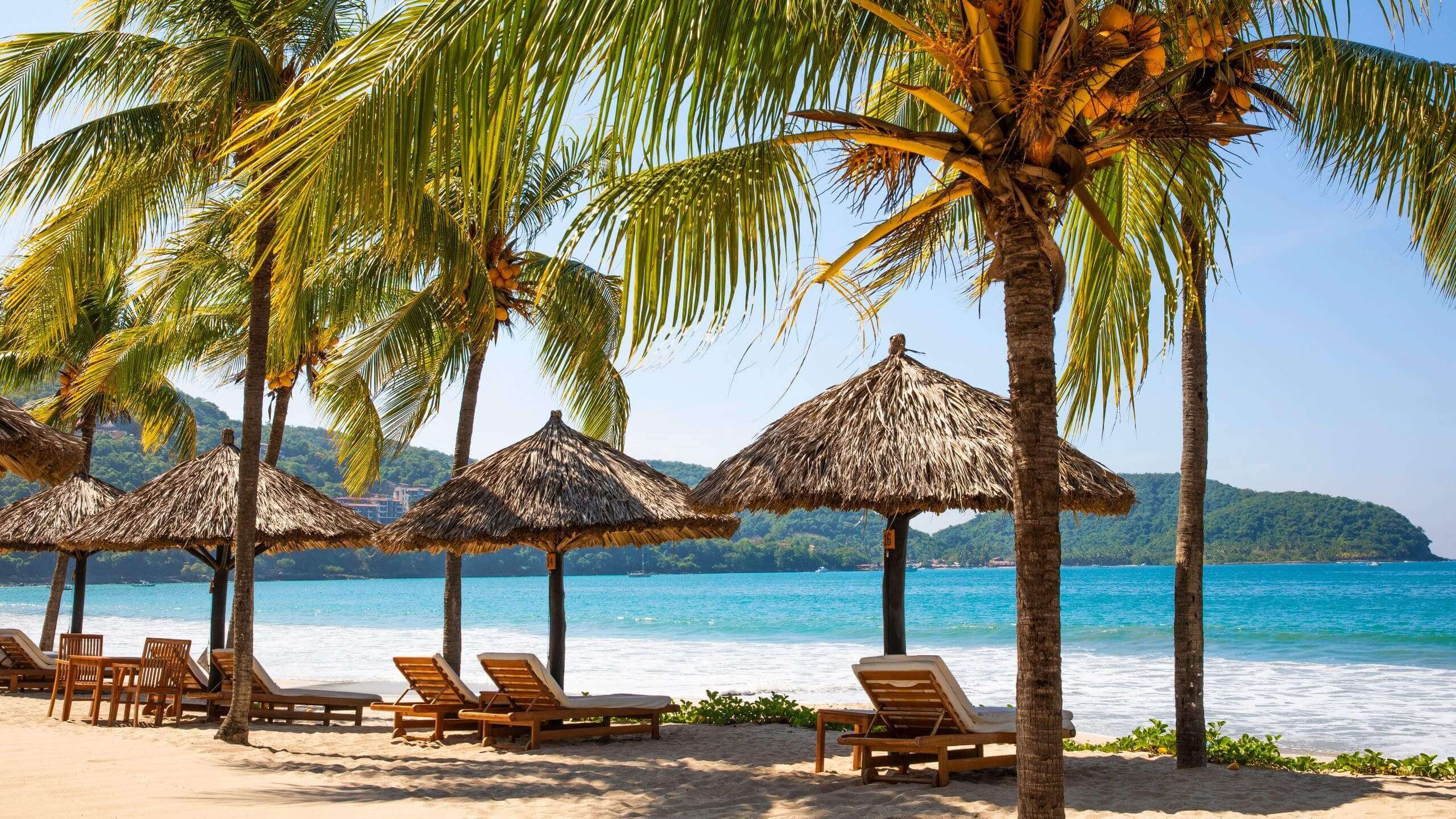
Pool • On-Site Restaurant • Spa • etc









